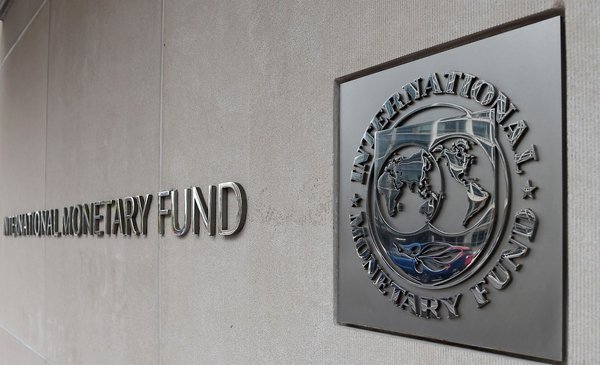The IMF will evaluate the Uruguayan financial system jointly with the World Bank. The Financial Sector Assessment Program (FSAP, for its acronym in English) periodically evaluates countries of systemic relevance for the international order, but this year also will do it to Uruguay by express request of the country.
In the announcement of the official page of the organism, the Fund described Uruguay as “a small open economy with a highly dollarized financial system and a high share of state banks“. In addition, he stated that the Uruguayan system “has resisted the pandemic, in part, due to a broad assistance policy carried out by the authorities“.
The IMF explained that “advice will focus on the adaptability of the financial system in the face of a resurgence of the pandemic and a possible increase in the global costs of credit“. It will also “assess the effectiveness of the banking supervision (together with the World Bank); the macroprudential regulatory framework, including measures to combat dollarization; provisions on crisis management; and financial integrity“, advanced the report.
Also, the world Bank will also focus on the role of the State and the perspectives to extend the development of capital markets.
The FSAP is one of the most important supervision programs promoted by the IMF, dedicated to an in-depth analysis of the financial systems of different nations to find weaknesses and potential risks that could compromise their stability.
Apart from Uruguay, this year Colombia and the West African Economic and Monetary Union (made up of eight countries) will also be evaluated at their request.

















